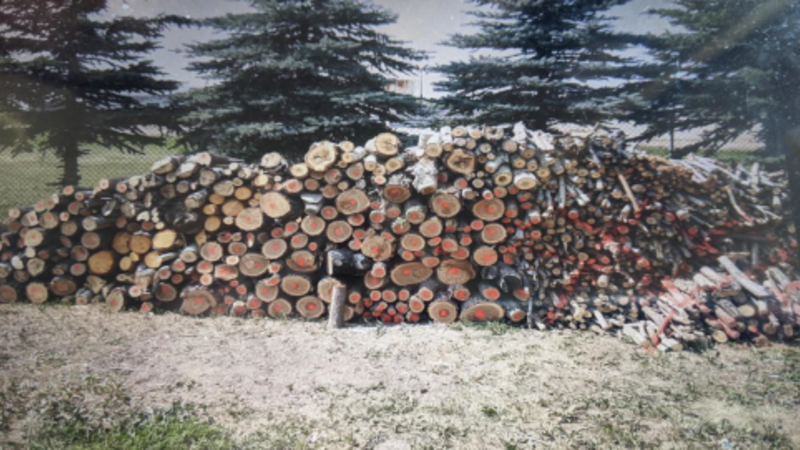
Dutch Elm Disease found in Prince Albert
The threat of Dutch Elm Disease is something that cities around Saskatchewan have to monitor or they run the risk of the disease running rampant through their elm tree population.
While Prince Albert hasn’t dealt with Dutch Elm Disease in the past, one case of the disease was found in a survey of the city’s trees in 2023, meaning the disease is here and it’s something to be monitored even if there were no trees found with the disease this year.
Tim Yeaman is the parks and open spaces manager with the City of Prince Albert, and he shared in a statement the city is working with a third party organization, Living Tree Environmental, since 2021 to conduct two surveys per year on the trees in the city. The surveys take place in July and August, and they include all American Elm Trees in the city whether they are on private or residential land.
“We are aware that it is no longer a question of ‘if’ as much as ‘when’ we will start to see more cases of DED pop up here in the city and our team is committed to continued DED surveys and working with the community to communicate, educate in our efforts to protect our Urban Forest and the American elm found throughout the city. I would have to say that our elm makes up roughly about 15-20 per cent of our Urban Forest with the other mixture being ash, Manitoba maple, spruce.”

